Hi there, pet lovers! 🐭✨
Jerboas are some of the most fascinating and unusual small creatures in the animal kingdom. With their kangaroo-like hops, oversized ears, and tiny paws, they look like something out of a cartoon. But are they good pets?
While jerboas are undeniably charming, they come with unique challenges—especially since they are extremely rare in captivity and even banned in some countries like the U.S. due to health regulations.
In this detailed review, we’ll cover everything you need to know about jerboas—from their natural behaviors and care needs to legal restrictions and ethical considerations. Whether you’re simply curious or seriously considering owning one, this guide will help you make an informed decision.
Overview
Jerboas are small, desert-dwelling rodents known for their incredible jumping ability, nocturnal habits, and minimal water needs. Here’s a quick summary of what makes them unique:
- Handling and Temperament: Shy, not ideal for frequent handling; can be jumpy (literally).
- Care and Maintenance: High-maintenance due to specialized habitat needs.
- Health and Durability: Sensitive to stress and improper environments.
- Availability: Extremely rare in captivity; illegal in some regions.
- Cost: Expensive and hard to acquire legally.
- Overall: Not recommended for casual pet owners; best suited for experts or researchers.
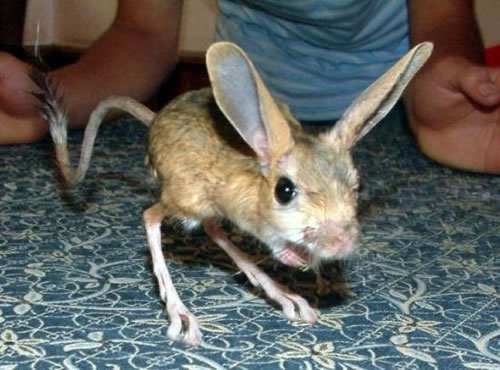
Why Consider a Jerboa?
Jerboas are not your average pet rodent. Unlike hamsters or guinea pigs, they have unique adaptations for desert survival, including:
- Hopping locomotion (like tiny kangaroos).
- No need for drinking water (they extract moisture from food).
- Large ears for heat regulation and acute hearing.
They are fascinating to observe, but their high energy levels, sensitivity, and legal restrictions make them challenging pets.
Handling and Temperament
Shy, Fast, and Not for Cuddling
Jerboas are not domesticated, meaning they retain strong wild instincts. They are:
- Skittish – Sudden movements or loud noises can stress them.
- Nocturnal – Most active at night, which may not suit all owners.
- Escape artists – Their incredible jumping ability means they can easily leap out of unsecured enclosures.
Do Jerboas Bite?
While jerboas rarely bite, they may kick or thrash if frightened. They are not aggressive, but they are not tame like a hamster or gerbil.
Can You Tame a Jerboa?
With patience, some jerboas may become comfortable with gentle handling, but they will never be lap pets. Most prefer to observe from a distance.
Care and Maintenance
Enclosure Setup
Jerboas need a large, secure space with:
- Deep bedding (6+ inches for burrowing).
- Soft substrate (sand or aspen shavings mixed with hay).
- Minimal climbing structures (they’re hoppers, not climbers).
- Hideouts (tunnels, small boxes, or PVC pipes).
Glass terrariums with mesh tops are ideal to prevent escapes.
Temperature & Humidity
- Daytime: 70-80°F (21-27°C).
- Nighttime: Slightly cooler (65-75°F / 18-24°C).
- Low humidity (desert-adapted; avoid dampness).
Diet & Feeding
Jerboas are omnivores, eating:
- Seeds & grains (finch mix, millet, barley).
- Fresh veggies (leafy greens, carrots, bell peppers).
- Insects (mealworms, crickets for protein).
- No water bowl (they hydrate through food).
Avoid overfeeding—obesity is a risk.
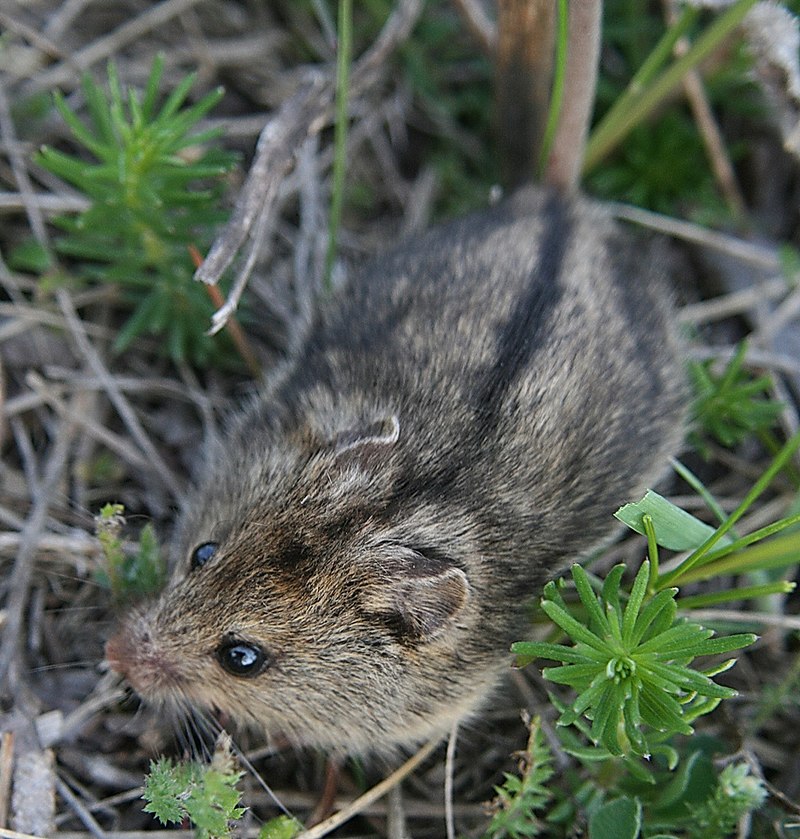
Health and Durability
Common Health Issues
- Stress-related illnesses (jerboas are highly sensitive).
- Injuries from jumping (ensure enclosure safety).
- Dental problems (provide chew toys).
Lifespan
- Wild: ~2-3 years.
- Captivity (if well cared for): Up to 6 years.
Availability and Cost
Can You Legally Own a Jerboa?
- Banned in the U.S. (since 2003 due to monkeypox concerns).
- Extremely rare in Europe/elsewhere (mostly in zoos/research).
- Black market risks (unethical and dangerous).
Price (If Available)
- $500-$2000+ (due to rarity).
- High setup cost (custom enclosures, specialized diet).
Pros and Cons
Pros
- Unique & fascinating behavior.
- Low water needs.
- Quiet (no barking/squeaking).
Cons
- Nearly impossible to own legally.
- High-maintenance habitat needs.
- Not affectionate or handleable.
- Fragile and prone to stress.

Final Thoughts
Jerboas are amazing creatures, but they are not suitable pets for most people. Their legal restrictions, specialized care, and skittish nature make them better suited for wildlife enthusiasts and researchers rather than casual pet owners.
If you’re looking for a small, exotic pet, consider more manageable alternatives like gerbils, sugar gliders, or even crested geckos.
For those still fascinated by jerboas, we recommend supporting conservation efforts or observing them in reputable zoos rather than attempting to keep one at home.
What do you think? Would you ever consider a jerboa as a pet, or do the challenges outweigh the appeal? Let us know in the comments!
For more exotic pet insights, stay tuned to our blog. 🐭✨

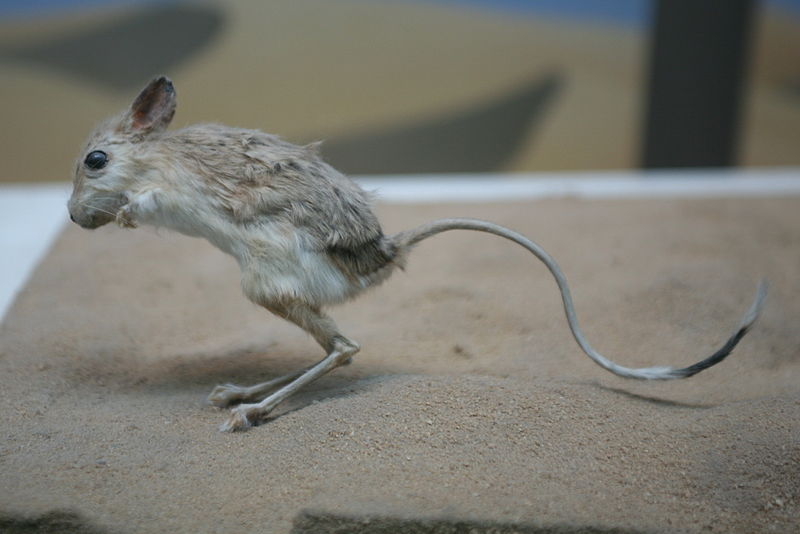


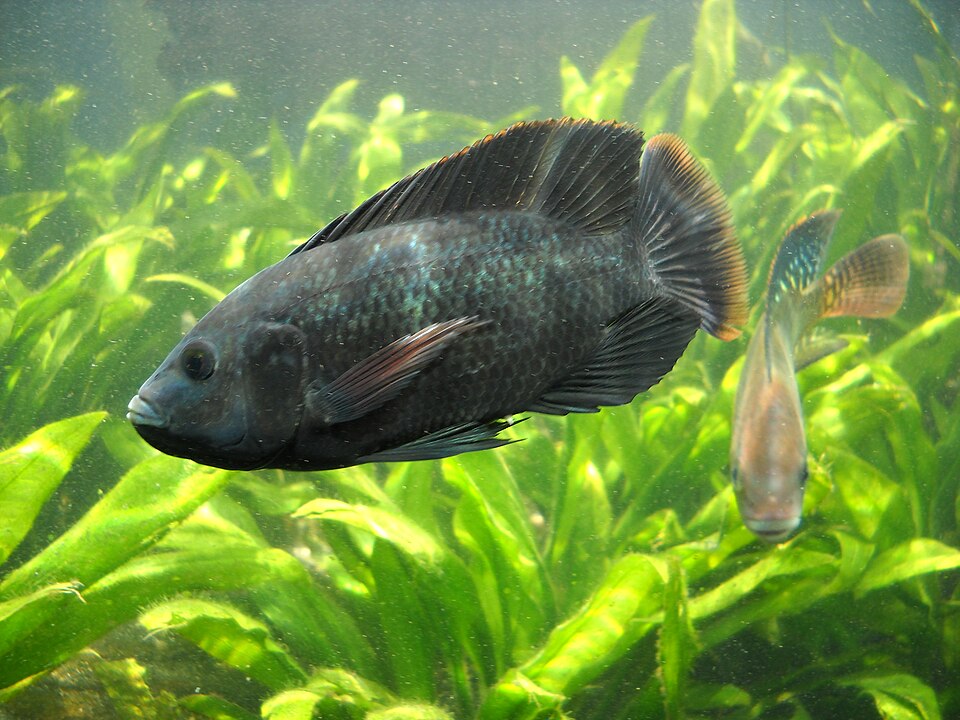
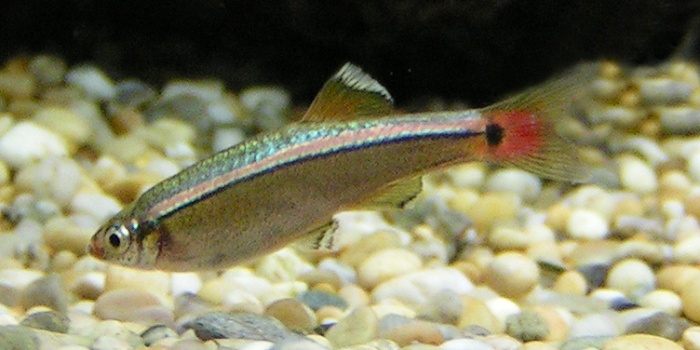
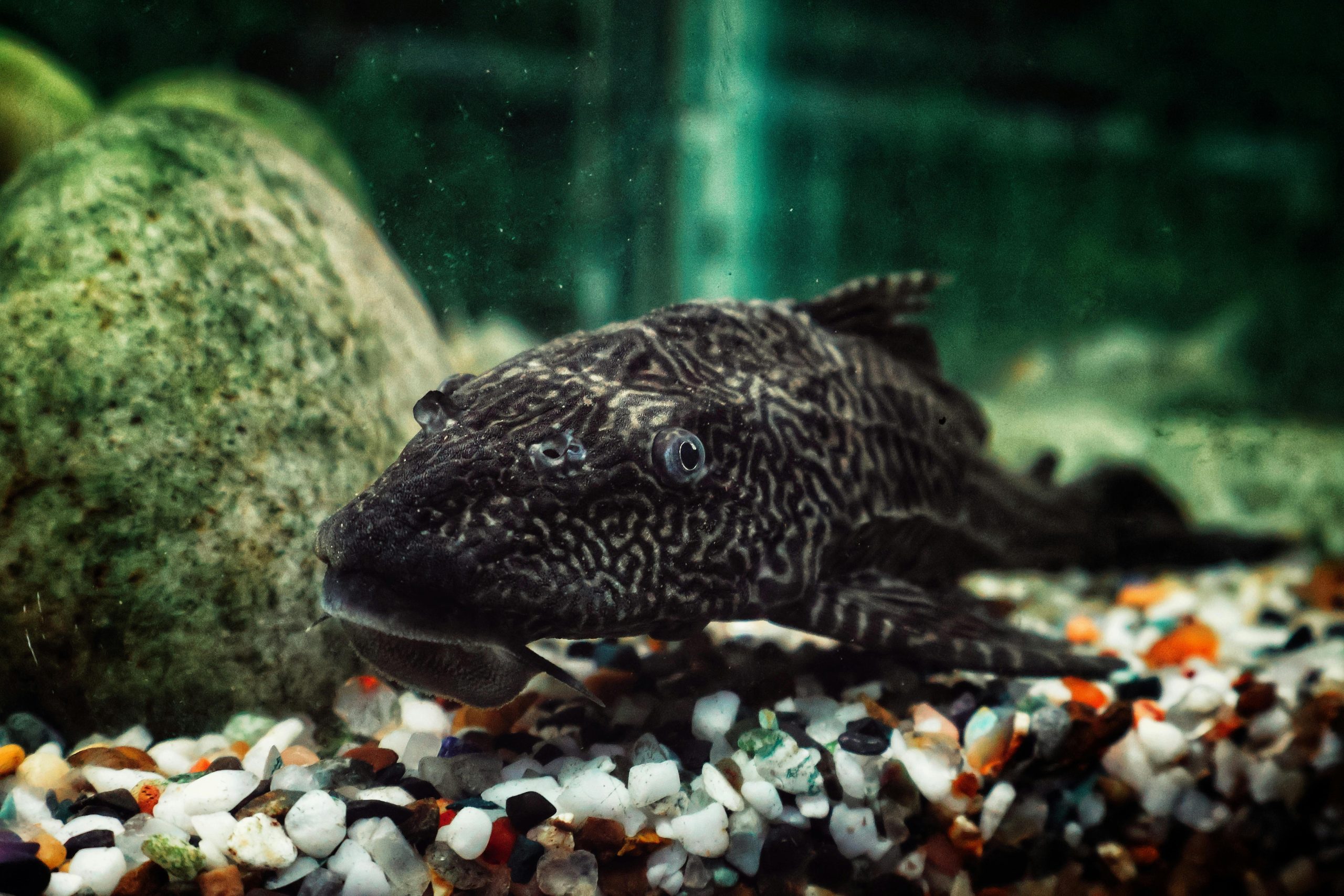
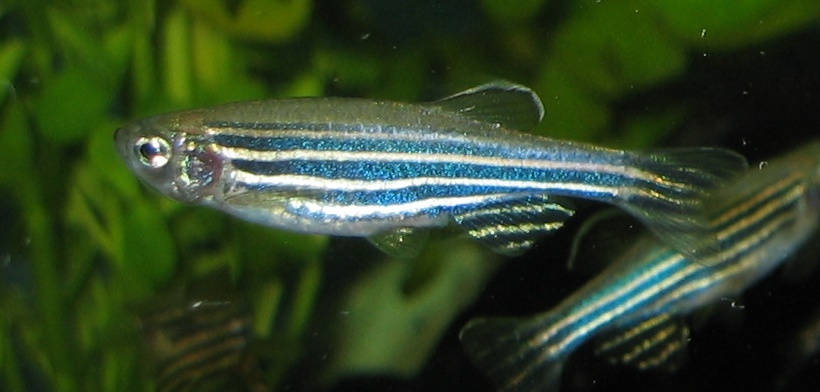
Leave a Reply